|
I'll admit that I am a theatre enthusiast. (only wish my budget allowed me to see more productions that come to Southern California or take some weekend trips to NY just for fun). But as a teacher, I am always looking for alternative texts and narratives that tell stories in different formats. Students are inundated with texts - in class, in their community, on their phones, on television, at home, etc. But very few of my students have the opportunity to experience live theatre. Having participated in drama during high school, I developed a profound appreciation for the intricate details that go into a fully staged production. Plays and musicals are more than just actors on a stage. Sometimes a show is produced that has a profound impact on my understanding of historical narratives, whose story is told, and what that story means to us today. In this post, I want to highlight four musicals that continue to fascinate me and renew my thinking about the past sneaking into our contemporary world. Hamilton
Bloody Bloody Andrew Jackson
Ragtime
Miss Saigon
There are, of course, many other musicals that could be used in history classes. We can look at these musicals as texts themselves: how do the lyricists and composers interpret historical events or how do actors/actresses portray historical characters? How can we use historiography to explore the narratives told (or not told) in these musical interpretations?
0 Comments
So I walk into a classroom during #Edcamp605 on Saturday and I honestly didn't even know the topic. I was chatting with a fellow participant and he said the session title was "Inquiry." I said, "okay, sounds interesting." Lo and behold, the first five participants that showed up were all history teachers (middle school, high school, APUSH, AP World, and AP Gov all represented). We engaged in an hour long discussion sharing ideas, questions, and frustrations. A few more teachers came in as they were lurking on the shared note-taking form when they saw we were talking about history classrooms. This is such an important discussion considering the present state of history education in many states. In California, the History/Social Science framework is being re-written, the content standards remain the same, and there is currently no end-of-course assessment at any grade level. This time of flux is both enlivening and quite scary. We, as history educators, need to join conversations about the importance the social sciences have in the world. We need to engage our students in quality instruction and activities that look to the past in order to change our present and construct a better future. So what does inquiry look like and sound like in history classes? Here were some of our ideas. The post feels a little incomplete - but more to come once I try a few more of our ideas. Essential QuestionsAny quality unit must begin with an essential question. Many teachers use resources created by the Stanford History Education Group or the California History/Social Science Project to build tasks based on argumentative questions that examine historiography, attitudes and actions of historical figures, or the effects individual actions have on events. Each lesson in a unit should contribute to an understanding or deepening of knowledge related to the identified essential question. Classroom activities often revolve around the analysis of primary and secondary sources that provide varying perspectives and evidence to help construct some sort of response. Historical Thinking, Reading, & Writing SkillsThis chart, created by College Board, shows the historical skills that are assessed on Advanced Placement exams. They include skills that focus on thinking, reading, and writing. For decades, history pedagogy has been based on the idea that it's the teacher's responsibility to impart knowledge on students. Textbooks are set up this way. Assessments reflect the notion that history is an amalgamation of facts one needs to recall for multiple choice exams. In the last few years, the number of resources for a skills-based approach to history education have grown dramatically. We must be willing to admit that information is at our fingertips. When I am planning a lesson or when a student asks me a random question about some obscure fact, the first thing I want to do is consult my resources, i.e., just Google it. So why do we expect anything different from students? Historians don't work in disconnected spaces where they can't search for details or collaborate with peers to find the answers to a question. And yet, many students operate independently in history classes, quietly taking notes on a bunch of facts. A few years ago I decided that I would never force my students to copy down notes: why not just print them or make them available in digital form? I'd rather spend class time questioning, discussing, and applying the information. This doesn't mean I don't address confusing topics or ideas I consider to be extremely valuable. But I do spend time thinking about ways to communicate that information that is NOT in the form of a boring lecture using PowerPoint. I have toyed with the idea of video recording my lessons and then re-watching them. Would I want to be a student in my class? Showing LearningWriting in history classes might not happen too often, sans AP courses where argumentative writing is the foundation of most assessments. The introduction of writing might instill fear in history teachers, as I have heard many say, "I am not an English teacher." But we all practiced being historians. We all wrote essays in college. Teachers just have to reach back to their experiences as students and do a little more exploration about writing pedagogy in the social sciences. As more teachers and students embrace the model of writing encouraged by Document Based Questions, we can also consider alternatives to writing. At the high school level, we found that implementing long term PBL was difficult. This was particularly true for AP teachers. Even though the new frameworks allow for more opportunities to explore topics in more detail, the looming exam creates this kind of push to move through the content very quickly. We briefly talked about the skill of periodization and how students could show their learning by creating museum exhibits that represent significant artifacts that characterize a time period. This was something we all agreed to do some more reflecting about. One aspect that I think is missing my much of history pedagogy is discussion. I briefly explained the ideas behind emphasizing historical thinking, reading, and writing; however, research shows that our students do not talk enough. This includes formal academic/content language or informal speech. As multiple choice tests (hopefully) disappear from history classes, the question will be: what does authentic assessment look like in the social sciences? Historians, politicians, policy writers, economics, sociologists, and psychologists all ask questions in order to seek solutions. We must challenge ourselves to develop tasks that encourage students to create products that show reflection and forward thinking. What does speaking sound like in a history class? What does discussion let teachers know about students understanding of historical concepts? But this is an idea for a future post. Thanks - @historytechie @robertjmedrano @histcoach and many more for your ideas and inspiration for this post. Recommended Resources |
Archives
January 2019
Categories
All
|
Proudly powered by Weebly
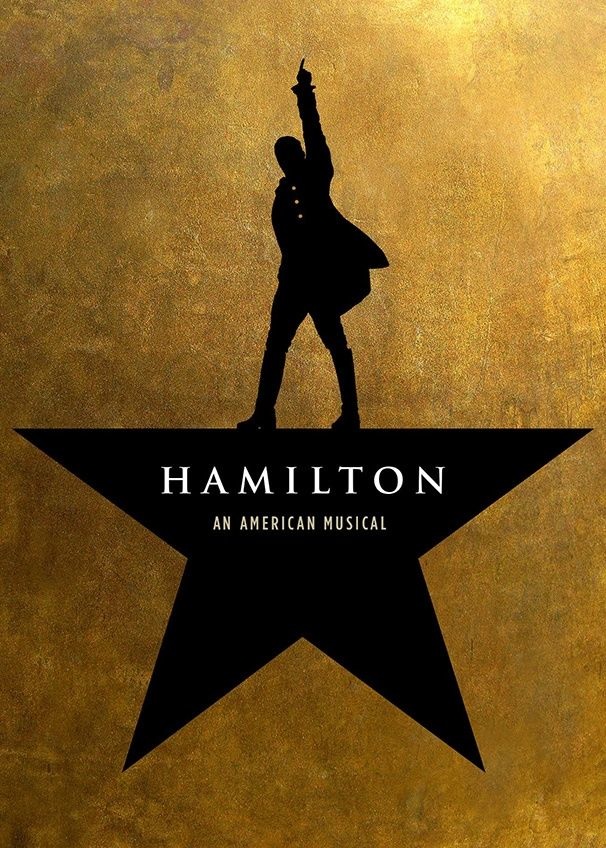
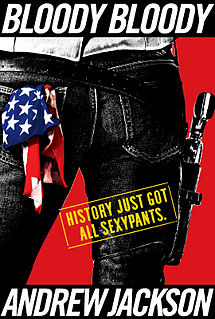
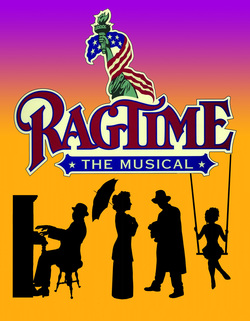
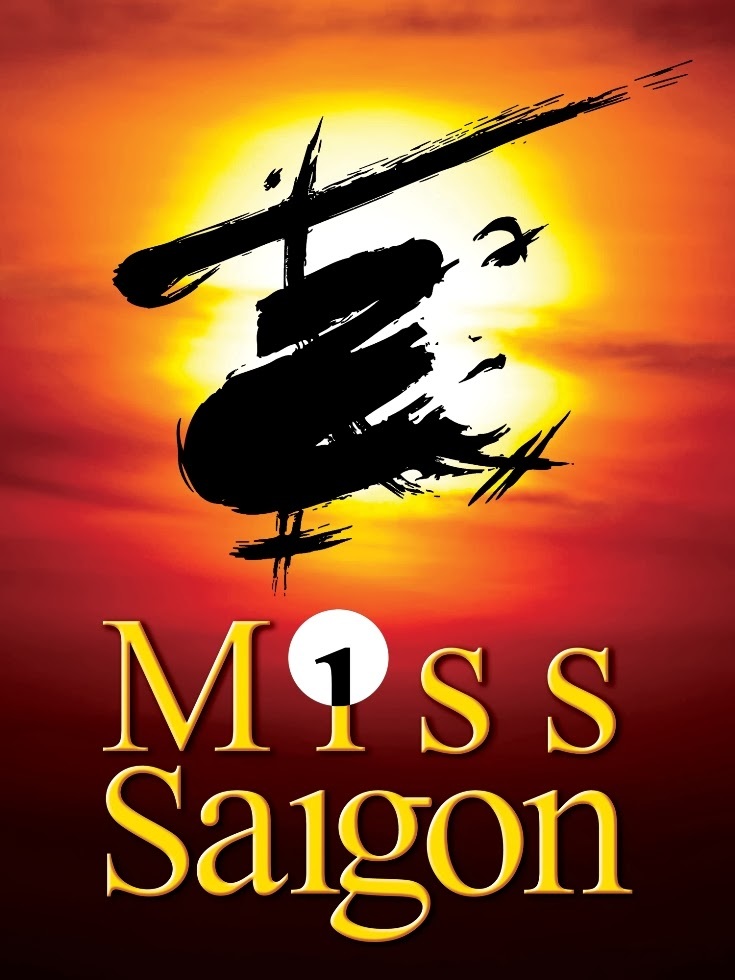
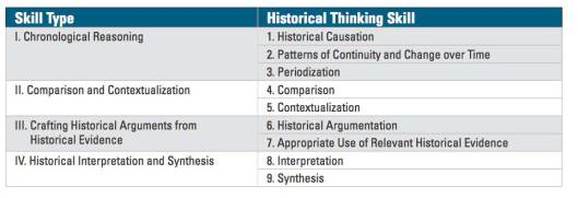
 RSS Feed
RSS Feed